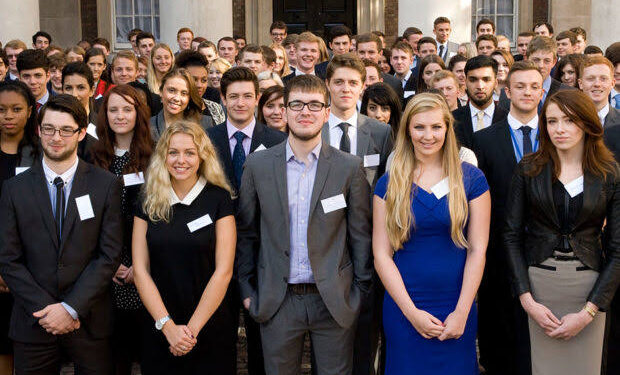By Emmanuel Nduka
A major UK government trial has shown that artificial intelligence can significantly improve public sector productivity.
More than 20,000 civil servants took part in the initiative, using tools like Microsoft 365 Copilot to streamline everyday tasks such as drafting documents and summarising emails.
On average, participants saved 26 minutes each day, which amounts to nearly two full working weeks per year. This time is now being redirected toward more meaningful, higher-value work that enhances the quality of public service delivery.
The trial was led by the Department for Science, Innovation and Technology and involved staff across multiple departments, including the Department for Work and Pensions and Companies House.
In practice, the integration of AI allowed civil servants to work more efficiently, reducing time spent on repetitive administrative duties. At the DWP, for instance, Work Coaches were able to use AI to provide more personalised support to jobseekers, a move that made their interactions more effective and less time-consuming.
The results are aligned with findings from The Alan Turing Institute, which estimates that AI could assist with up to 41 percent of public sector tasks. By automating routine responsibilities, the technology helps free up staff for complex work that requires human judgment and expertise. As a result, the broader public stands to benefit from faster, more responsive services and better use of government resources.
These improvements could also translate into long-term cost savings for taxpayers, while ensuring civil servants have more time to focus on projects with direct public impact.
This AI pilot is part of the UK government’s wider strategy to modernise public services through digital innovation. Under the Plan for Change, the government aims to save £45 billion by 2030 through initiatives such as automation, digital fraud prevention, and the online migration of public services.
The AI trial contributes directly to these goals by demonstrating how new technologies can deliver measurable efficiency gains without compromising service quality.
The trial has received strong backing from both government and industry leaders. Technology Secretary Peter Kyle highlighted AI’s current role in improving productivity and cutting down on bureaucracy.
Microsoft UK CEO Darren Hardman called AI a transformative force, especially in public-facing sectors like healthcare and social care. Alexander Iosad from the Tony Blair Institute encouraged rapid expansion of AI across government, noting its potential to save billions and improve how public institutions operate.
Following the success of the trial, the UK government is expected to expand the use of AI tools across more departments.




































